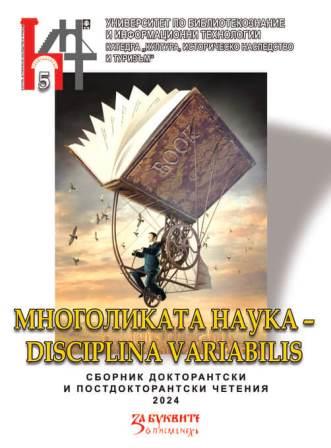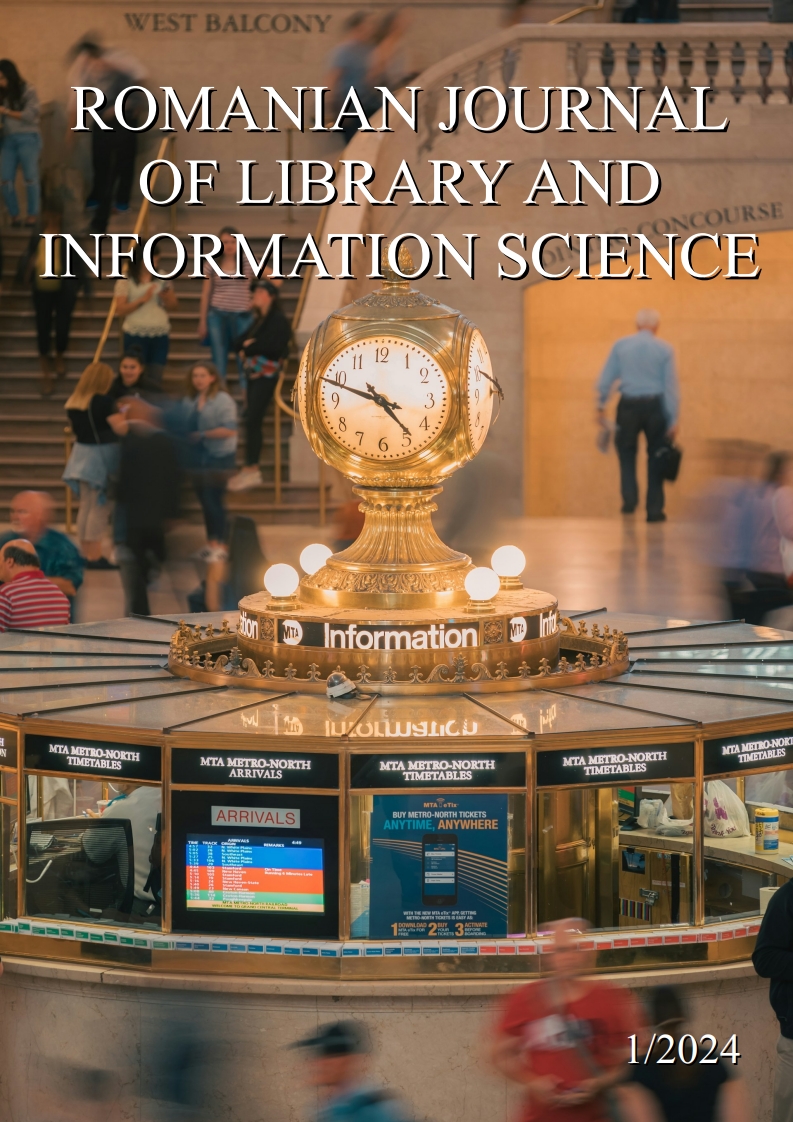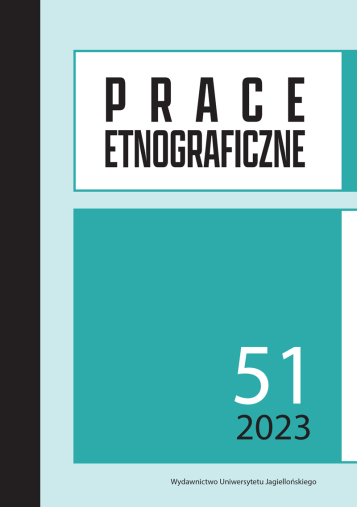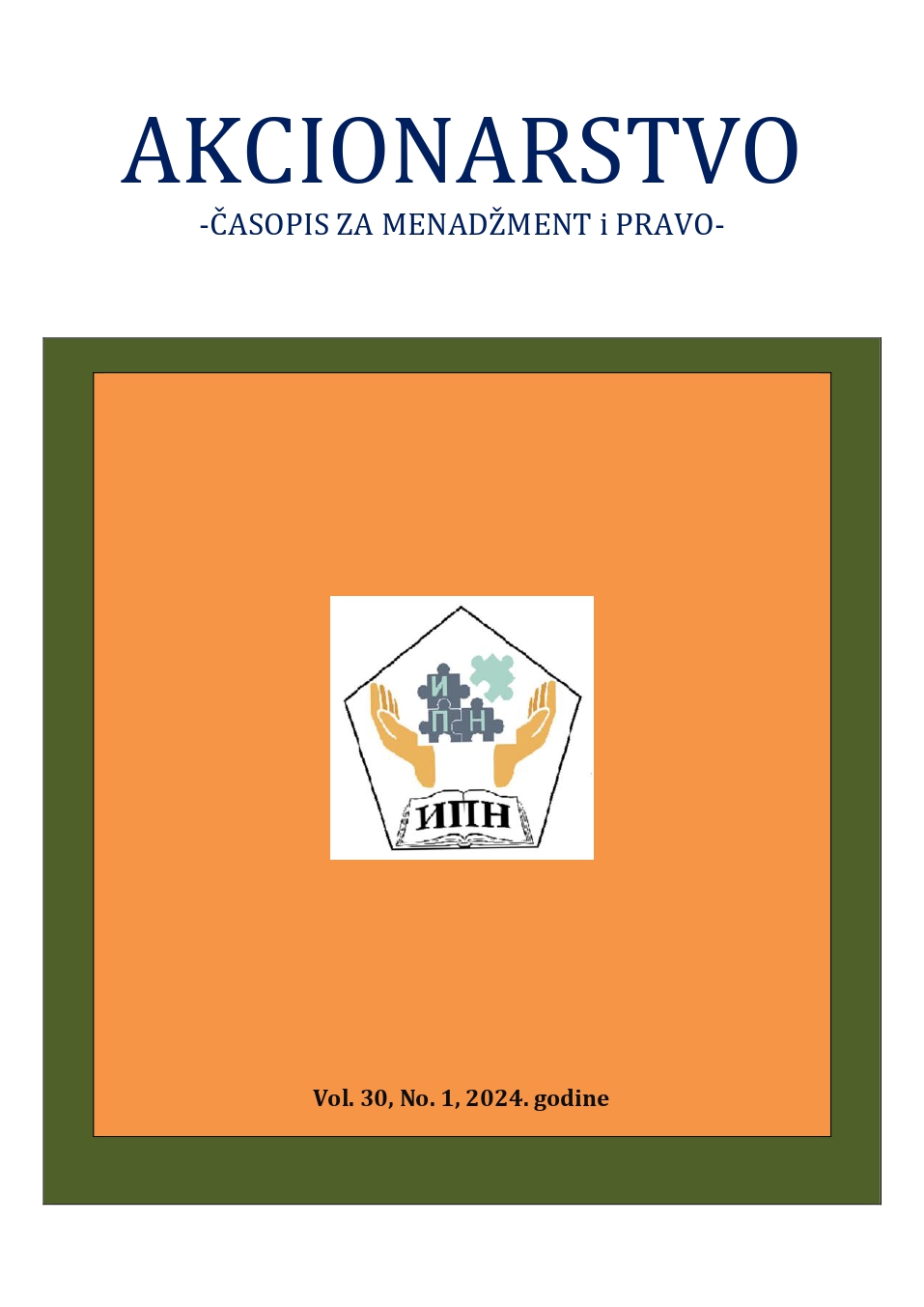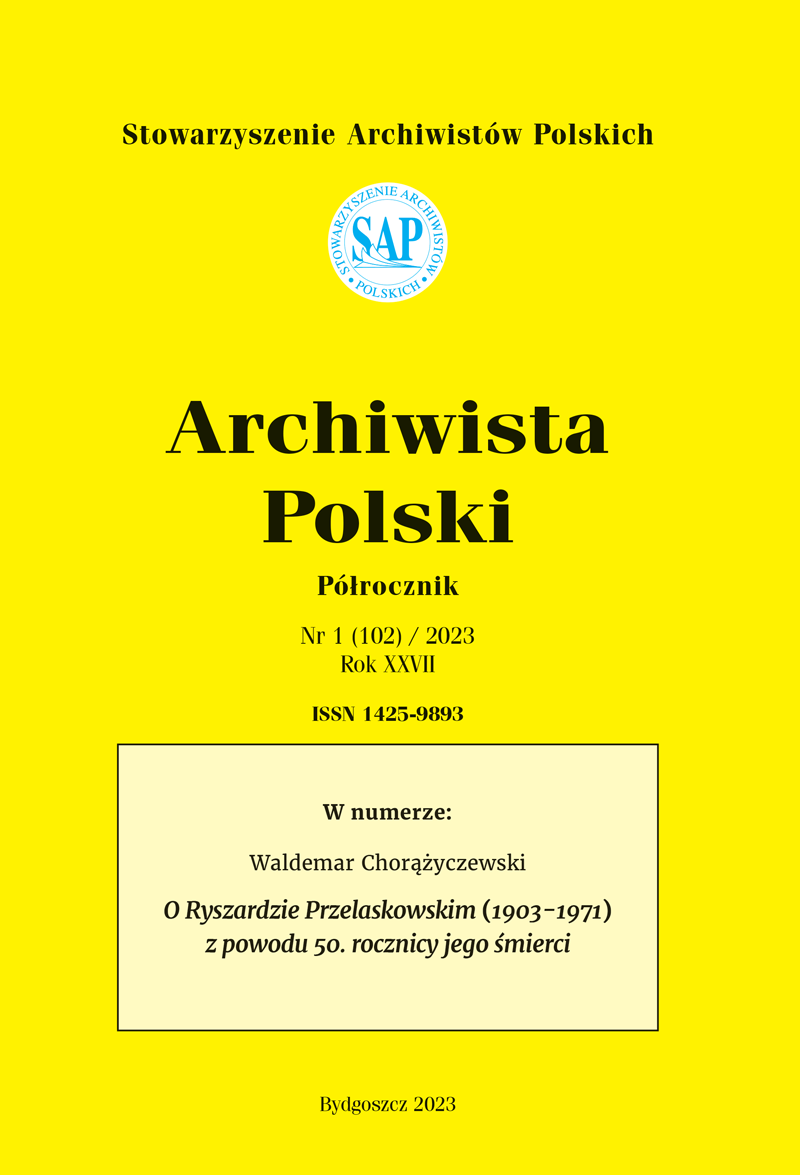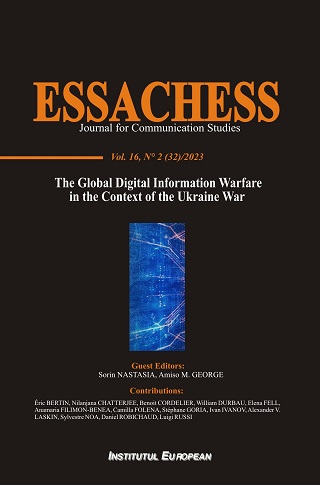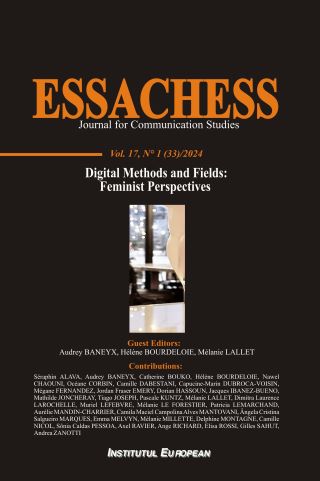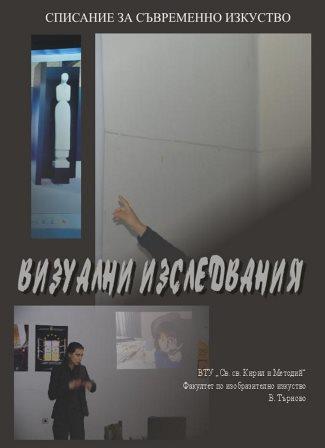
За творческите подходи към илюстрирането на книги
The paper is devoted to various creative approaches that an artist can apply to book design and illustration. These approaches are accompanied by examples of works by famous artists. The conclusion is made that the systematic analysis of creative approaches to book illustration in classes with students is important for increasing their visual literacy, activating creative thinking and developing professional skills.
More...


